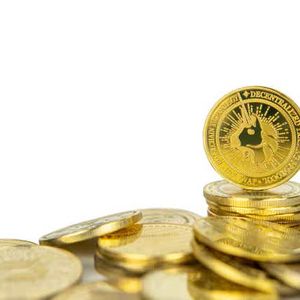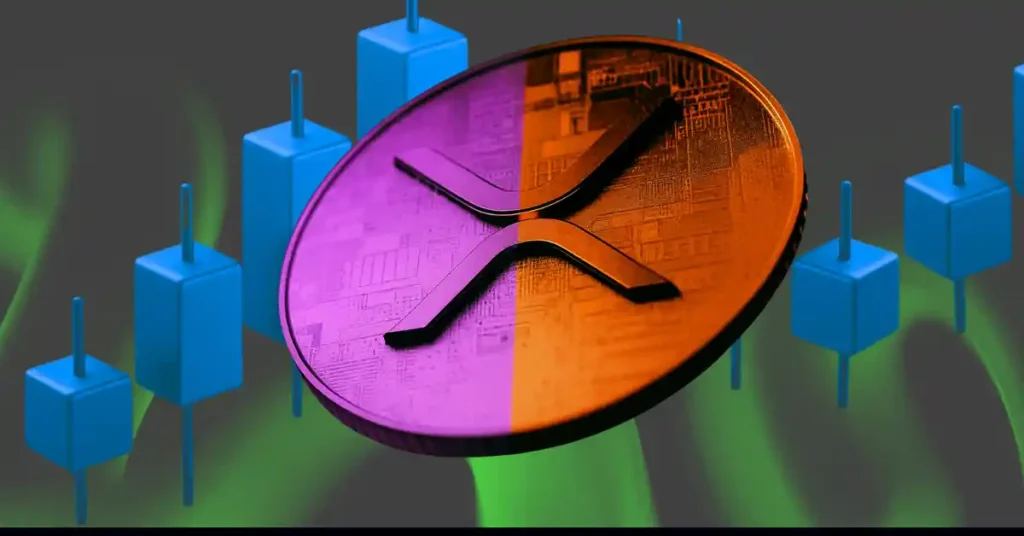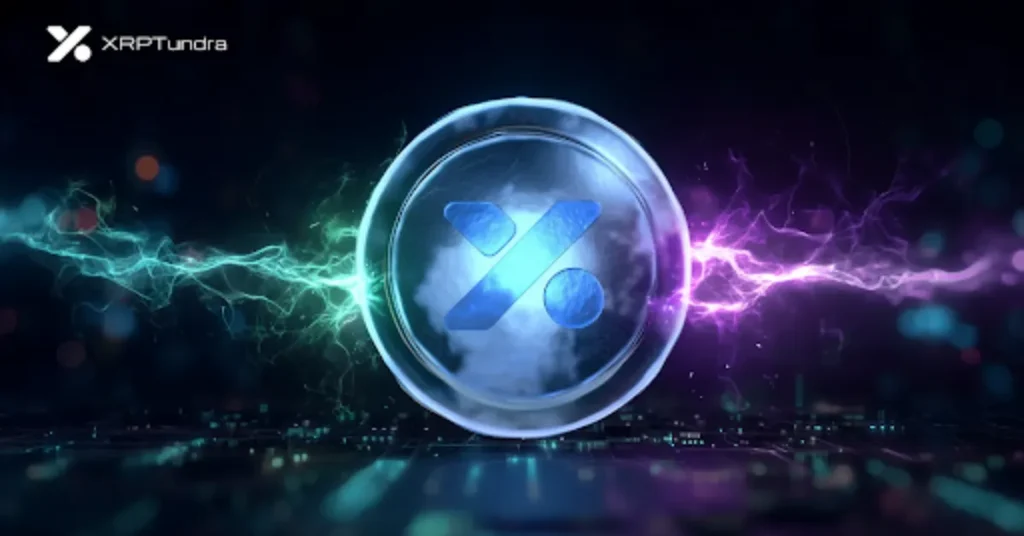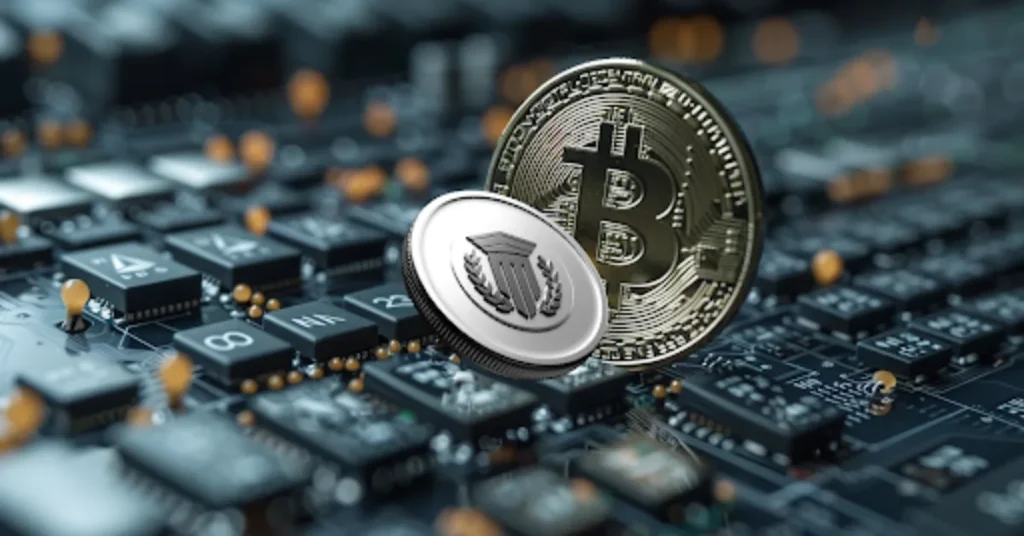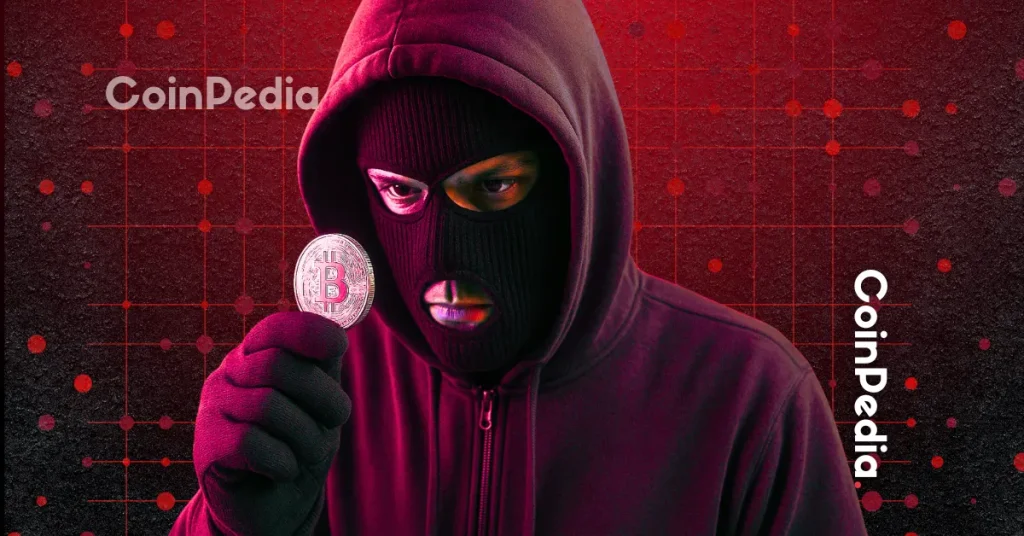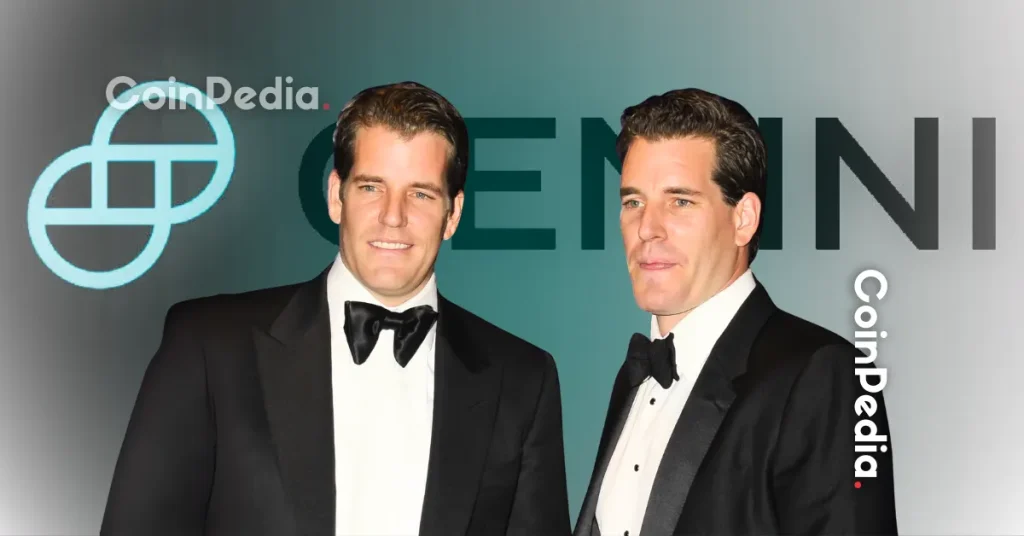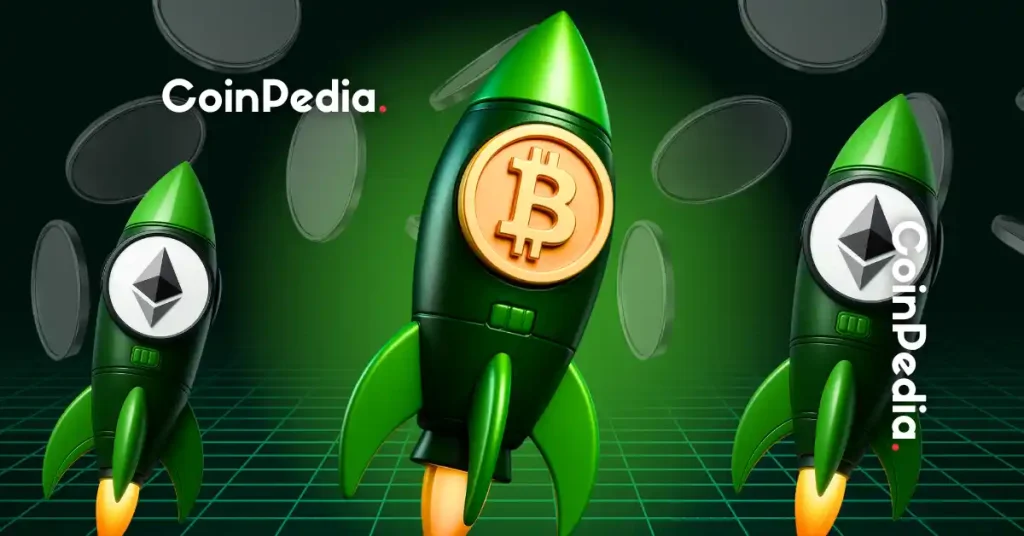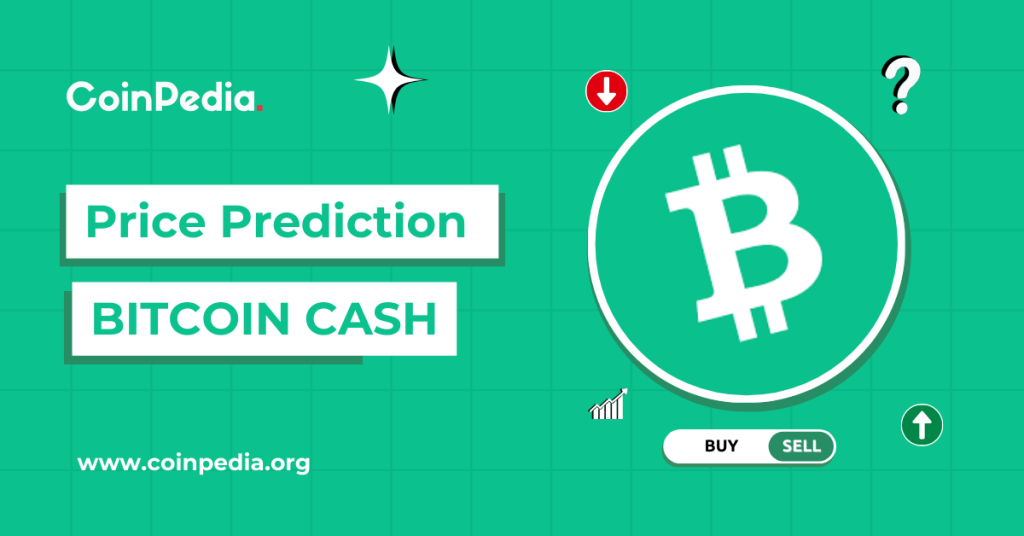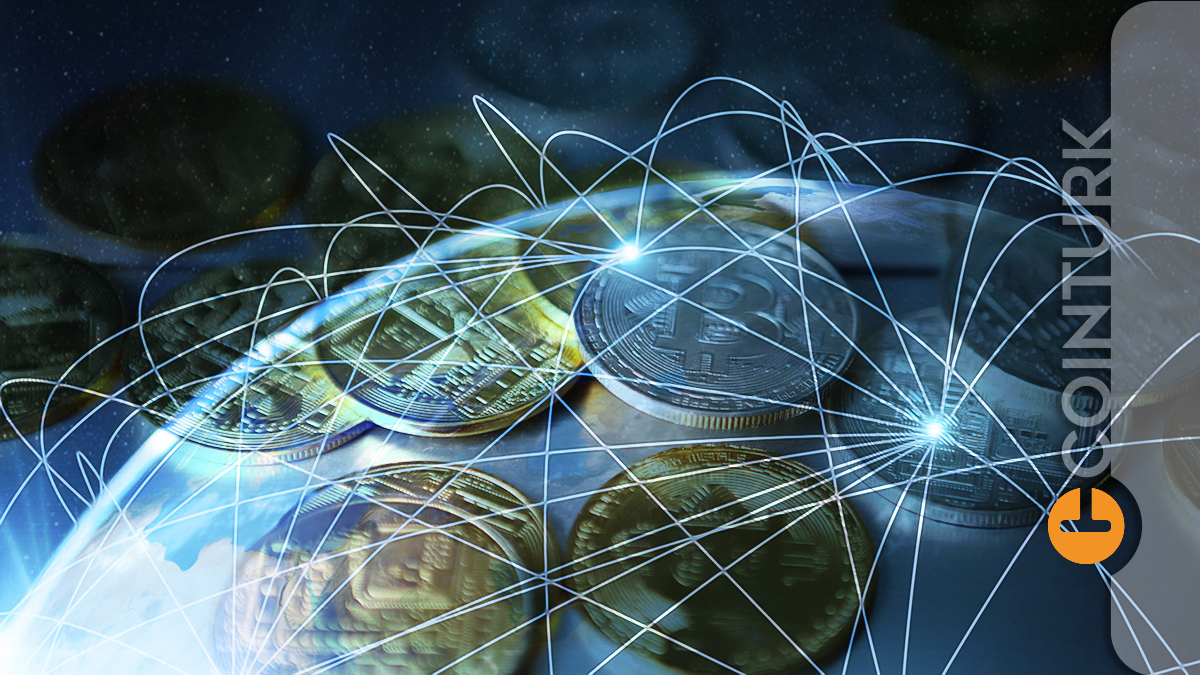Summary The SEC is coming after centralized exchanges Coinbase and Binance. This could be a tailwind for decentralized exchanges, or DEXes. Uniswap is the market-leading DEX and has a platform governance token. Governance aside, I don't see much reason to hold UNI until the "fee switch" is turned on and a portion of swap fees are paid to token holders. With the backdrop of the recent SEC lawsuits against popular cryptocurrency exchanges Binance (BNB-USD) and Coinbase ( COIN ), the idea of decentralized exchanges possibly generating more user interest have entered the zeitgeist once again. Decentralized exchanges, or DEXes, function like centralized exchanges (CEXes) but without the permissioned access models that are typically associated with third-party platforms that practice KYC/AML policies. 2023 Crypto Trading Volume When FTX (FTT-USD) collapsed in November of last year, it theoretically opened the door for the DEX model to start taking trading volume share from the centralized exchanges. Over the last twelve months, there is no question that aggregate trading volume has declined both for centralized exchanges and decentralized exchanges. Monthly Trading Volume. *through June 11th (Dune, The Block) However, the share of that volume going to DEXes has increased from an average of about 7% in the second half of 2022 to over 10% in the first half of 2023. It could certainly be claimed the collapse of a centralized business like FTX helped drive a larger share of crypto activity on-chain through DEXes in 2023. Given that, it could also be argued the SEC's war against centralized exchanges like Binance and Coinbase could also be a positive catalyst for DEX activity share growth long term. ETH Exchange Balance (Glassnode) While it's way too early to tell if DEXes will continue to take more share of crypto trading volume from CEXes like Binance or Coinbase, the exchange flow of those coins might offer a convincing tell. According to data from Glassnode, the Ethereum (ETH-USD) balance on exchanges just hit a 5-year low. Uniswap Usage Uniswap Volume by Chain (DeFiLlama) As a largely Ethereum-based protocol, Uniswap (UNI-USD) is in a great position to benefit from wider adoption of decentralized exchanges if ETH continues to come out of CEX wallet addresses. DEX Volume by Protocol (Dune Analytics/hagaetc) Maybe more importantly though, in the world of DEX usage, Uniswap is the clear market leader as the protocol generally commands anywhere between 50-60% of all DEX swap volume. However, there is an important factor for this commanding market share; unlike competitors like SushiSwap (SUSHI-USD), Uniswap's token holders don't take a cut of fees from platform swaps. This allows Uniswap to charge less in fees as a percentage of total swap volume: May 2023 Volume Fees Fee % of Vol SushiSwap $1,600 $4.7 0.29% Uniswap $33,800 $59.2 0.18% Source: Token Terminal, dollars in millions This model has likely had a positive impact on the popularity of Uniswap as a platform from the end user's perspective. That platform popularity is partially what has driven Uniswap's token to a $2.4 billion market capitalization and a top 25 crypto market cap ranking. Despite no revenue generation from fees to token holders, UNI remains one of the most widely held tokens in all of crypto with nearly 350k token holders. UNI's Tokenomic Problem I've covered Uniswap for Seeking Alpha in the past. In my view, the tokenomic model isn't terrific. There is no in-platform utility like reduced fees for token holders when doing swaps. As mentioned in the section above, UNI token holders don't currently take any cut of platform revenue from those swaps, either. Aside from hoping the coin's price goes higher, the only real reason to justify holding UNI is that token holders can participate in governance decisions. Despite that ability, UNI's voter participation is somewhat weak in my view: Treasury Rank Treasury Organization Token Holders Lifetime Participants % of holders 1 $3.5b Arbitrum One 584,000 130,200 22.3% 2 $3.3b BitDAO 26,300 8,300 31.6% 3 $2.6b Optimism Collective 662,400 88,700 13.4% 4 $1.7b Uniswap 347,300 28,200 8.1% 5 $841m Gnosis 21,100 5,500 26.1% Sources: DeepDAO, Token Terminal According to DeepDAO, lifetime participants of Uniswap governance is much lower than that of recently airdropped governance tokens for Arbitrum (ARB-USD) and Optimism (OP-USD). Beyond that, the number of holders who have participated in governance voting is just 8% - which is low compared to other DAOs with large treasuries. My fundamental opinion on UNI changed from bullish to neutral in December 2022 when it appeared as though the actual ability for UNI holders to participate in meaningful platform governance decisions was questionable. From my December article: At present, governance is the only fundamental reason to have exposure to UNI. And this type of data collection was never voted on by the token holders. Until token holders are rewarded with platform fee distributions or given some sort of in-app benefit for holding, "governance" over the platform may no longer be a valid reason to hold the token in my view. What could possibly change my view on UNI is if the much talked about "fee switch" is ultimately turned on. This switch was recently brought to a vote for UNI token holders. This switch would enable a small portion of fees to be paid to UNI token holders. But despite more than 50% of the UNI votes being in favor of the switch, the measure actually failed to pass because of what some have called a structural flaw in the proposal that asked voters to determine the size of the fees in addition to whether or not the fees should be dispersed at all. The criticism from the community seems to be that the vote should have been focused on just enabling fees. Summary As I see it, the current problem for Uniswap holders is that governance may not be a strong enough reason to hold the token. This could be alleviated if the "fee switch" is turned on and holders earn a share of revenue from the protocol. Despite the failure of the recent fee switch vote, it does appear as though there is an appetite for turning the fee switch on. However, if the fee switch is turned on, it presents another potential problem as US regulators may view UNI as an unregistered security if token holders are able to generate a passive yield simply from holding the token. Furthermore, the fee switch may be a disincentive for Uniswap's liquidity providers, as the fees would come from the rewards that are paid out to the platform LPs. This could theoretically lead to less liquidity in the Uniswap protocol and by extension less usage of the platform. However, all of that is purely speculation on my part. The bottom line is Uniswap is one of the top protocols in all of crypto and commands a top 25 coin market cap. While I certainly wouldn't call UNI a sell based on the prospect that it could one day payout fees to token holders, I think it's still a hold at this point.
